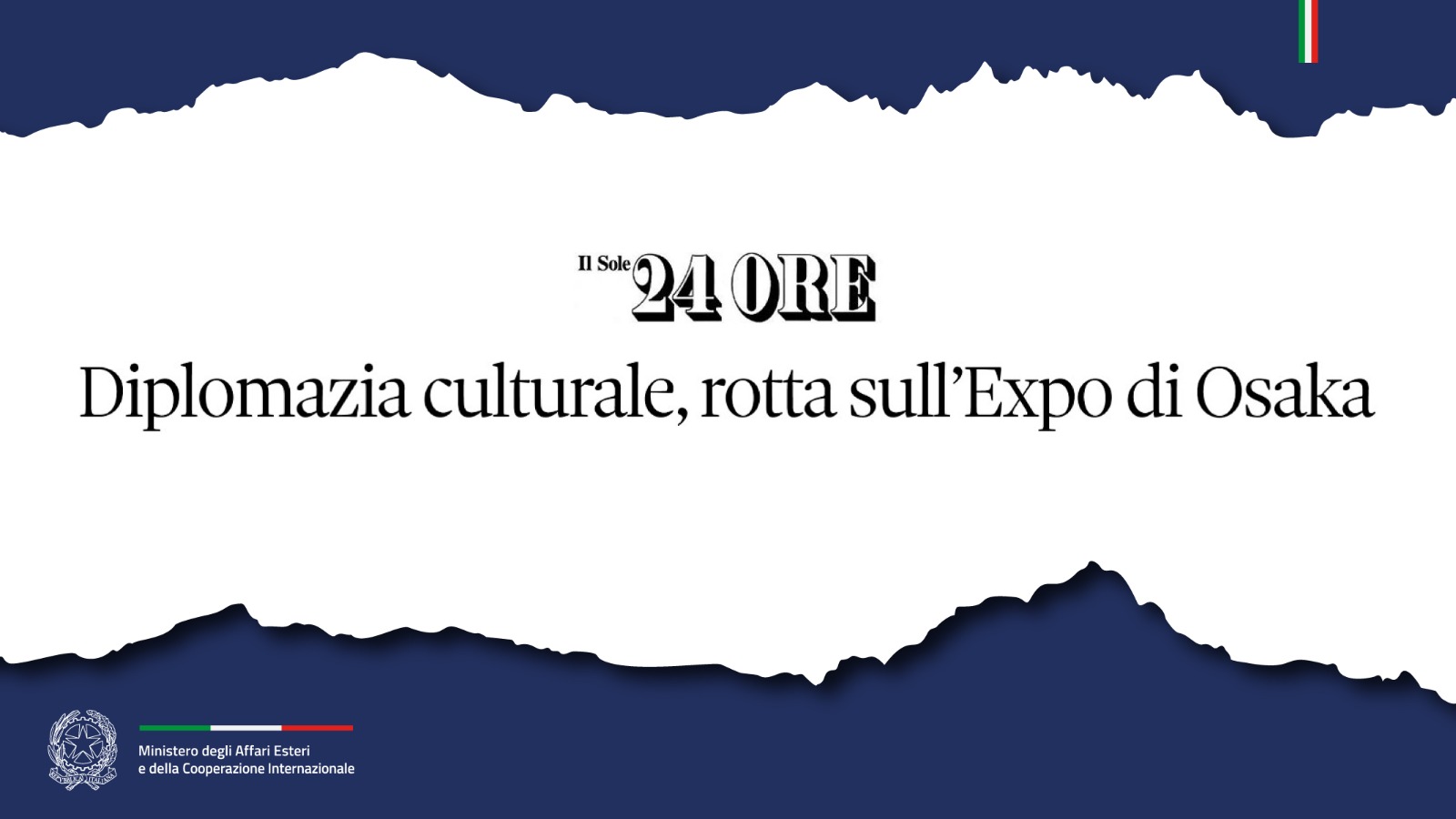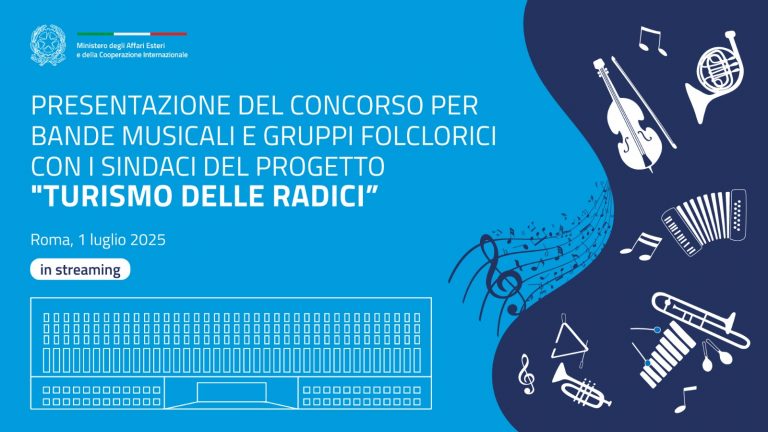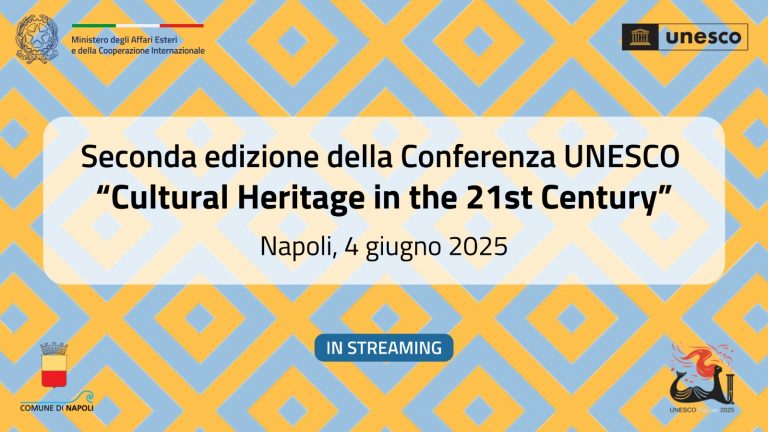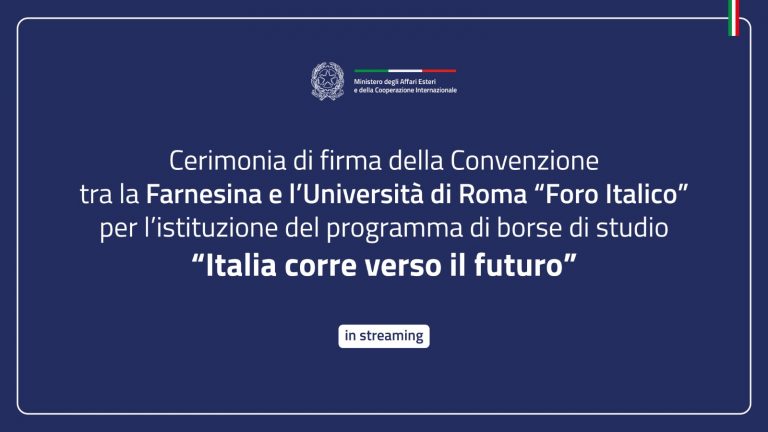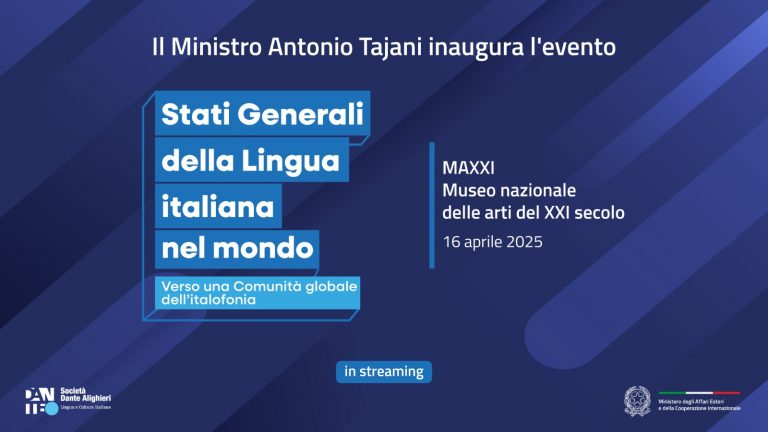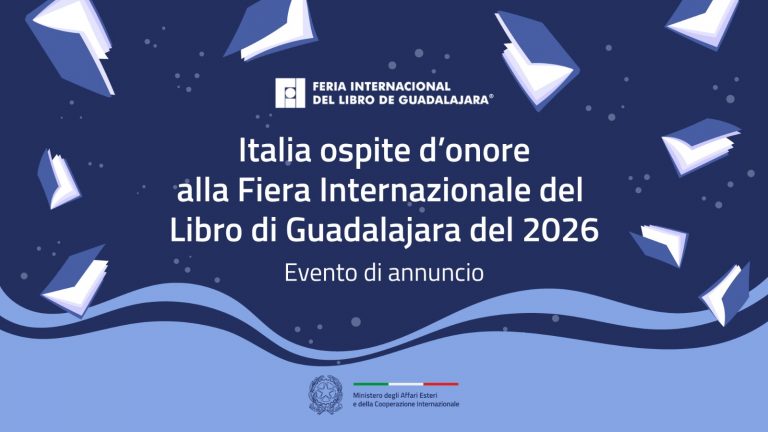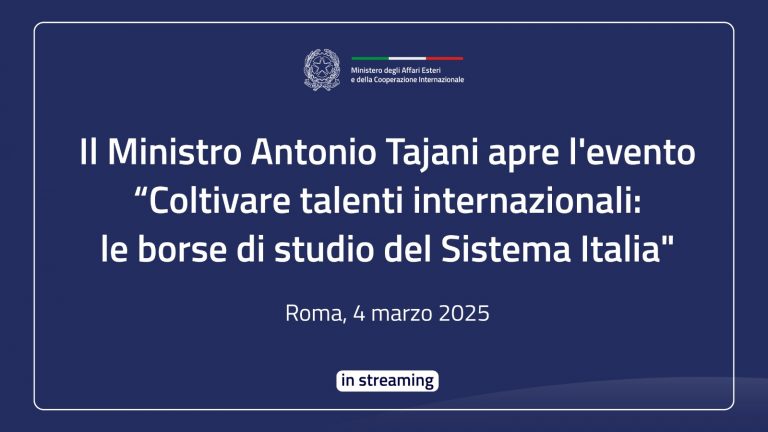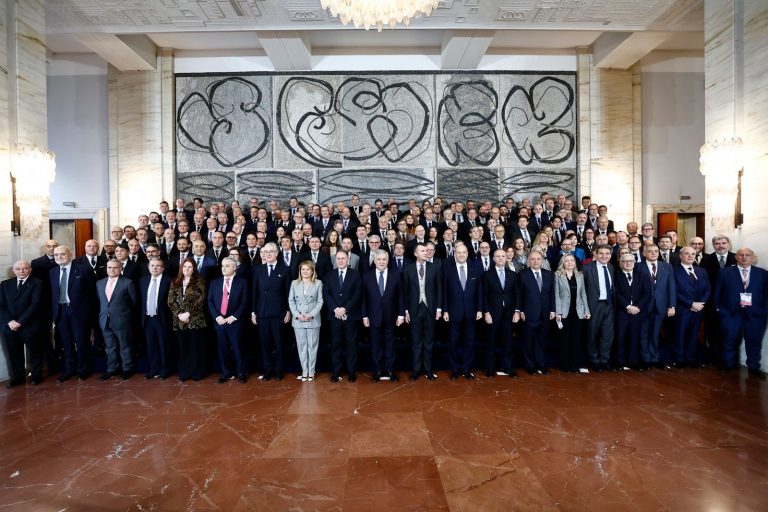The history of Naples, spanning two thousand five hundred years, is narrated through the unique perspective of Benedetto Croce, as seen by Pupi Avati. This second documentary by the same director celebrates the first radio broadcast, “La Giornata dell’italofonia” (the Italian Language Day), and aims to promote Italian cinema during another dedicated week. The Annual Conference on Cultural Diplomacy, organised by the Ministry of Foreign Affairs in Matera this year, presents an important opportunity to discuss the role of the Italian Cultural Institutes (IICs) worldwide. It will also address the challenges of innovation and the need to adapt to new audiences. The combined value of culture and tourism contribute EUR 300 billion to Italy’s economy.
Minister Tajani, what is the economic significance of the activity of cultural institutes abroad?
I provided clear direction to the ministry: “Cultural diplomacy must be a part of growth diplomacy.” The cultural economy, with a GDP exceeding EUR 100 billion, employs one and a half million people who deserve our attention. This is why every time our Italian Cultural Institutes promote Italian artists, they are offering a dual benefit: economic support and publicity. The approximately 2,500 initiatives—ranging from concerts to exhibitions, and from conferences to literary events—not only showcase the story of our country but also support the national art movement.
In your experience as Foreign Minister and your previous roles in European institutions, do you believe that Italy’s cultural representation adds value to the country’s international political role?
Italy stands as one of the world’s leading cultural powers, with its historical and artistic heritage serving as a significant strength for the country and a vital instrument of diplomacy. Each day, across the five continents, we focus on promoting our cultural influence and engaging in dialogue about inclusion with local artistic communities. This commitment to open dialogue is a distinctive feature of our foreign policy and is also recognised by our military personnel deployed in various regions, such as in Lebanon, where they work to maintain peace.
Increasingly, critical voices are being raised about overtourism. Can cultural diplomacy help direct attention away from the renowned cities of art to the lesser-known yet equally captivating beauty of Italy?
“Overtourism is a phenomenon that requires careful management, but it also reflects the deep interest and affection many people around the world have for Italy. We should focus on managing it rather than demonising it. It’s important to recognise that culture and tourism are powerful drivers of growth. They contribute EUR 300 billion to our economy and employ one and a half million people. This is why, at the Italian Ministry of Foreign Affairs, we are working to promote our cities, villages, and regions that may not yet be well-known globally.”.
How specifically?
Think of the G7 meetings we held in cities like Pescara, Reggio Calabria or now Anagni/Fiuggi. In the year of Italian Roots in the World, we have adopted the “Tourism of Roots” initiative to strengthen ties with the more than 80 million Italians and Italian descendants around the world. We want to make people discover the Italian culture, rituals, and traditions and enhance those places that are not the destination of mass tourism, involving more than 800 small Italian municipalities, winners of the call for cultural activities in favour of Italian descendants.
What does the Italian Ministry of Foreign Affairs do in its dialogue with territories, especially in more difficult areas such as Southern Italy, to help them present themselves in the major international showcases?
The Italian Ministry of Foreign Affairs has increased its focus on local territories during my term in office. This third edition of the “Directors’ Conference”, held outside the Farnesina building, is a step in this direction, promoting greater integration with local realities. Over the course of two days, all the directors of the Italian Cultural Institutes will gather in the city of Lucania to explore its potential and artistic production.
In a few days, we will also launch the second edition of an initiative in collaboration with “Sole24Cultura”, which aligns with this goal. We are reaching out to various regions, from Genoa to Reggio Calabria and Syracuse to Padua, to connect with high-quality cultural organisations and discover young artists who have not yet had the chance to showcase their work on international stages. We are tapping into an incredible artistic vibrancy and aim to provide these talents with opportunities to gain exposure abroad.
Italian is also a significant language for business and trade; it is the second most commonly used language in marketing after English since products with Italian names tend to attract more consumers. Are schools abroad given support? Do language promotion programs effectively work?
The significance of the Italian language on a global scale is well understood by those engaged in diplomacy. Italian is the language of music, design, and literature, and we are dedicated to promoting its spread. On one hand, this involves teaching; there are around fifty Italian schools worldwide, both public and private, and nearly all cultural institutes offer courses for students and enthusiasts. On the other hand, we focus on encouraging the reading of Italian literature.
Asia is also a crucial political-economic front for the geopolitics of culture, think of the soft power wielded by South Korea.
Let’s talk about South Korea, as this year marks the Year of Cultural Exchange with the country. Recently, Puccini’s operas were performed in Seoul to commemorate the anniversary of his death. Soon, the Korean capital will host a large exhibition dedicated to Caravaggio. The interaction with Korea has been fruitful, and like Korea, Italy is also working to promote its national films and television series in the global market. The Ministry of Foreign Affairs and International Cooperation has supported agreements with Albanian and Montenegrin broadcasters to facilitate the distribution of RAI products.
Now it will be Japan’s turn...
Expo 2025 will serve not only as a platform for trade but also as a significant opportunity for cultural promotion. Our pavilion’s programme will feature exceptional activities, starting with the presence of the Farnese Atlas, a magnificent marble sculpture housed in the National Archaeological Museum in Naples. This will be its first appearance in Asia. The Atlas symbolises travel, discovery, research, and science.
With the richness of our cultural heritage, we aim to engage a wide audience in key markets, showcasing the Italy of the future. Our pavilion in Osaka will reflect this vision, highlighting the best of Italian innovation and technology across various fields—ranging from aerospace and infrastructure to life sciences and robotics—all dedicated to serving humanity.

